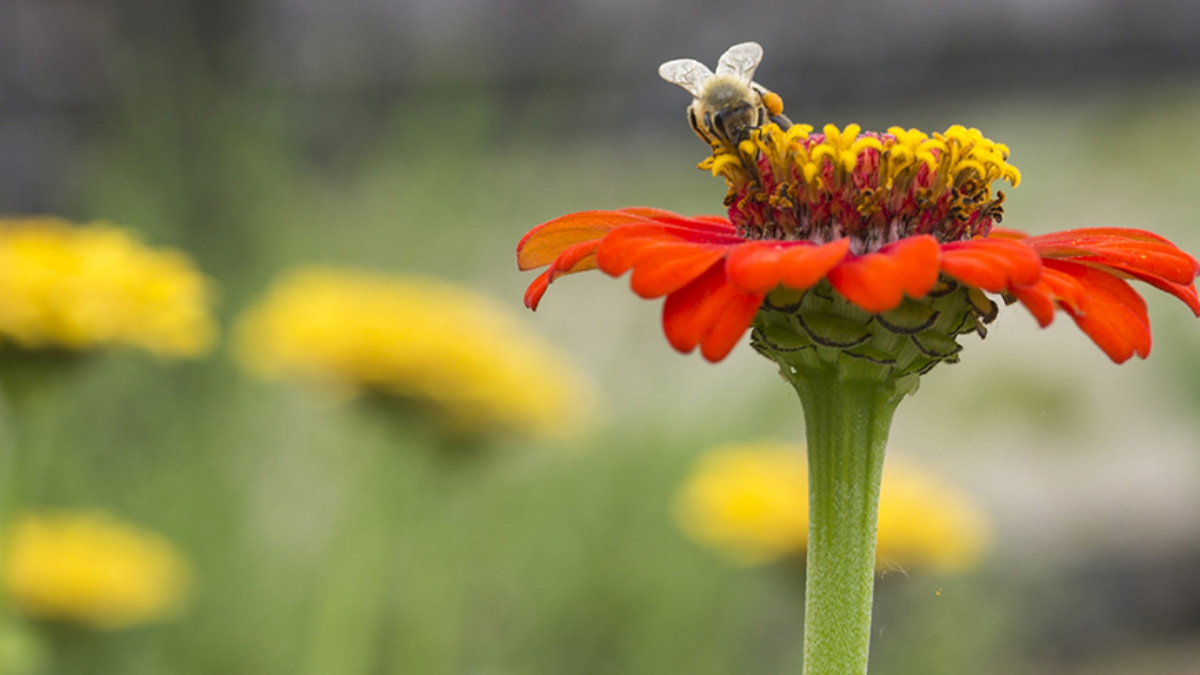
Mayday! Mayday! Pollution, climate chaos and now Covid-19, Spaceship Earth needs to take a desperate reset, before all systems burn down. Nature is fed up, and on this World Environment Day 2020 as India battles devastation of Nisarga and Amphan, we need to reorient our “mind’s eye” to see real wealth — our biodiversity, and not currency. For, otherwise, rapture may only be far away.
For centuries, people, hills, rivers, nations, etc, have been scarified at the altar of “money”, so that our “imperialist business leaders” and “hedge fund manager” can buy their way into El Dorado.
History teaches us that our “Brave New World” needs to be violently subjugated for gleaning maximum profits, most efficiently. Meanwhile, our children are conditioned to believe wealth comes from “bankers” and “capitalists”, and “orange juice from the refrigerator”. Their innocence is molested with images of misinformation, fear and violence as our environment — air, water, etc — and even the information in our brains are polluted. Advertising even spills into our dreams. Also, our slanted economic system is rapacious, so much so that a skilled worker/craftsman (for example, a cobbler) in Bihar, working 24×7, cannot even earn in a month what his counterpart in the US earns in a day!
Money can never be the real wealth, as it is temporal, contingent and only a means to something else. Predatory corporatism forces countries to abandon welfare policies and privatise all our common properties — forests, oil, water, etc. It happened in the US, the UK, Russia, et al. Colonisation of the world by Europe disrupted local economies. For example, the East India Company, after its victory at Plassey, set a new conversion rate: one English Pound was made equal to 15 Indian coins (although the Indian coin was stronger and had more silver/gold in it). The current economic system is based on imperialism and acts to propagate the money economy, which is completely different from wealth.
How can we define wealth, then? Buckminster Fuller, American architect and philosopher, rightly regarded it as “our organised capability to cope effectively with the environment in sustaining our healthy regeneration and decreasing both the physical and metaphysical restrictions of the forward days of our lives.” This should be our goal. But problem occurs when we take the messenger to be the message — money to be the wealth. Money is not the real wealth.
So, how can we recreate sustainable and organic communities that nourish all? For answer, we need to go back to ancient India. Our 10,000-year-old civilisation has emerged from the forests; our wisdom comes from the Aranyakas. Our sages lived in these forests, to unravel the mysteries of the universe, while our ancestors learnt secrets of medicine and agriculture from them. In fact, each Veda has Aranyakas associated with it.
The forest and our biodiversity are alive, and they are the only tools of regenerating Earth we have. They trap the energy of the sun and transform it to meet all our needs – food, medicine, etc, so that we Humans and other animals can sustain ourselves. In return, Spaceship Earth is replenished with solar radiation too. If we examine closely, oil is nothing but transformed ancient forests and solar energy. It is now available to us after millions of years, as an emergency source for energy.
The true energy source is the sun, and the real wealth is biodiversity. Without biodiversity life is not possible on Earth. From the native cultures of the Amazon to rainforest of Indonesia, a fire of greed is burning away our real wealth – trees and biodiversity — for money. While our rivers are being poisoned, air has been polluted. By separating from nature, we are losing microbiome system that gives health and immunity.
We must think globally and act locally to preserve biodiversity. We need to adopt non-violence towards Earth and replace synthetic goods with biodiverse and sustainable products that help heal small communities and our forests. We need to even increase the biodiversity of our thali — by adopting millets, seasonal vegetables and heirloom seeds.
In the end, we must remember that Earth, forests and our gut are all connected. The ancient wisdom in the Upanishads tells us: “We become what we eat.” So, let us eat healthy and biodiverse food. We need to work to bring back biodiversity in our lives, whether through a potted plant or the replacement of white sugar with jaggery in our kitchen. It is time we synchronised our efforts to regenerate our planet with the help of biodiversity or be doomed to become “Polluto”.
The writer is Director, Policy and Outreach, National Seed Association of India.